4 Tips for a balanced summer break
04 Jul 2018
 Summer is here, which means that our Wellington pupils and staff can enjoy some thoroughly well-deserved downtime. Our Director of Wellbeing Jo Evans has some helpful ideas about how pupils can make the most of their summer break (and how parents can help) by balancing work and rest, while remembering to not take things too seriously.
Summer is here, which means that our Wellington pupils and staff can enjoy some thoroughly well-deserved downtime. Our Director of Wellbeing Jo Evans has some helpful ideas about how pupils can make the most of their summer break (and how parents can help) by balancing work and rest, while remembering to not take things too seriously.
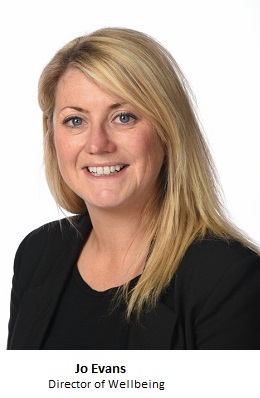
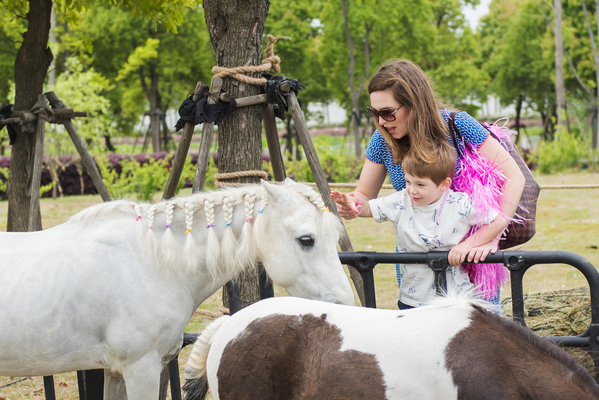
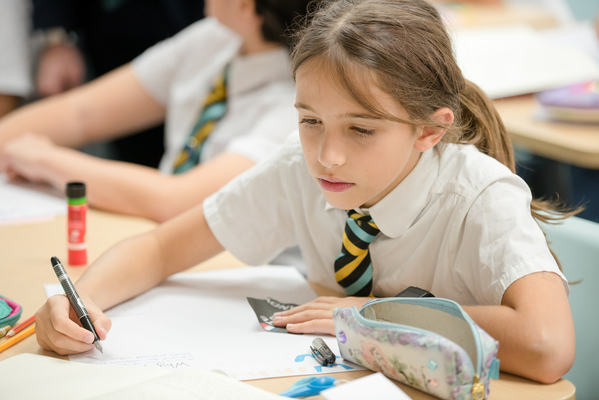 While the summer holiday is an important time to give yourself a break, for pupils moving up into academically intensive year groups it can be very helpful to spend a little time over the summer preparing for their upcoming course. For example, the year 11s who are going into year 12 will be starting the IBDP (International Baccalaureate Diploma Programme) which, as they will likely already know, is a rigorous and intense two-year course. Even though it’s too early for these pupils to begin their studies, they can still take the time to familiarise themselves with the course’s structure, terminology and expectations. This way, they’ll find the transition a little bit easier when they begin already knowing about Theory of Knowledge, Internal Assessments and so on.
Subtip: Treat yourself to new stationary
No matter what year group you’re destined to start next year, it can be very satisfying to give the new year a fresh start with fresh stationary! It may sound trivial, but there’s something deeply psychologically fulfilling about finding the right tools for the job, as it serves as a useful form of mental preparation for the challenges ahead.
While the summer holiday is an important time to give yourself a break, for pupils moving up into academically intensive year groups it can be very helpful to spend a little time over the summer preparing for their upcoming course. For example, the year 11s who are going into year 12 will be starting the IBDP (International Baccalaureate Diploma Programme) which, as they will likely already know, is a rigorous and intense two-year course. Even though it’s too early for these pupils to begin their studies, they can still take the time to familiarise themselves with the course’s structure, terminology and expectations. This way, they’ll find the transition a little bit easier when they begin already knowing about Theory of Knowledge, Internal Assessments and so on.
Subtip: Treat yourself to new stationary
No matter what year group you’re destined to start next year, it can be very satisfying to give the new year a fresh start with fresh stationary! It may sound trivial, but there’s something deeply psychologically fulfilling about finding the right tools for the job, as it serves as a useful form of mental preparation for the challenges ahead.
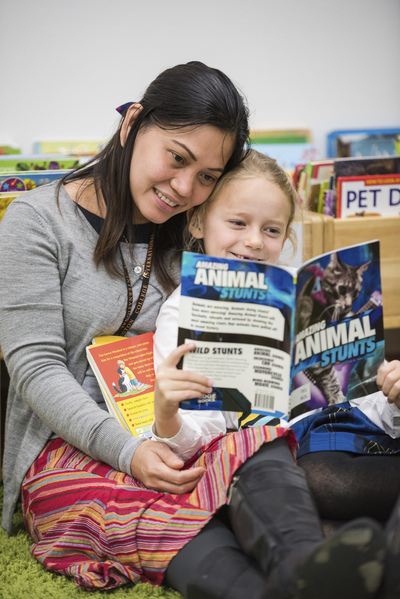 Summer holidays were made for reading, since you can take a book anywhere you go and the advent of tablets and e-readers now allows the means to literally take your whole library. While it may be tempting to only seek out books that will help your future studies, remember that reading for pleasure is just as important and there’s no such thing as wasted reading time. New concepts, words, phrases, literary styles and philosophies can be found in the works of any author, spanning any genre; you don’t have to work through heavyweight classics to discover something extraordinary.
So mix it up over the summer. Re-read one of your favourites, read new authors, read something silly, read something from a genre you wouldn’t normally consider, read literally anything you feel like reading. As long as you enjoy it or learned something new from it, then it was worth reading.
Subtip: Check-out our librarian’s summer reading list.
Summer reading recommendations
Summer holidays were made for reading, since you can take a book anywhere you go and the advent of tablets and e-readers now allows the means to literally take your whole library. While it may be tempting to only seek out books that will help your future studies, remember that reading for pleasure is just as important and there’s no such thing as wasted reading time. New concepts, words, phrases, literary styles and philosophies can be found in the works of any author, spanning any genre; you don’t have to work through heavyweight classics to discover something extraordinary.
So mix it up over the summer. Re-read one of your favourites, read new authors, read something silly, read something from a genre you wouldn’t normally consider, read literally anything you feel like reading. As long as you enjoy it or learned something new from it, then it was worth reading.
Subtip: Check-out our librarian’s summer reading list.
Summer reading recommendations
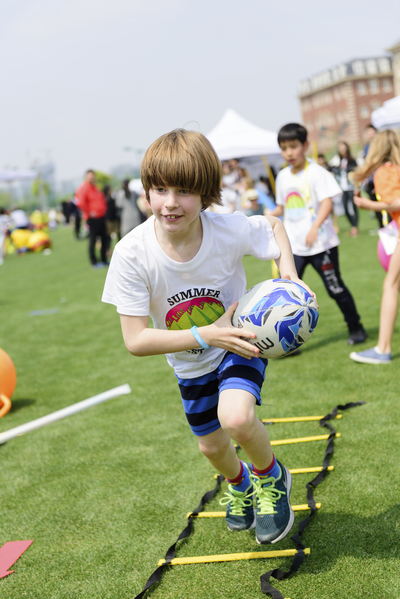
Related Articles

Get Your Tickets! Summer Festival 2025: Superheroes Assemble!22 Apr 2025
Get ready for an action-packed day of family fun on 10 May at our annual Summer Festival, a proud Wellington tradition hosted by Friends of Wellington (FOW) bringing our whole school community togethe
Read More

FOW SPACE: Celebrating 10 Years of Community Magic10 Jun 2025
Felix ZhangChair of the Friends of Wellington (FOW) Once again, I am amazed by the power of the Friends of Wellington community. With the support of the entire community, the FOW SPACE has—over the p
Read More

Wellington Toddler Programme: For Learners Aged 18–24 Months12 Nov 2025
The period between 18 and 24 months marks a critical phase in young childrens development, where they develop a sense of self, their curiosity flourishes, and their language skills are primed to adva
Read More










